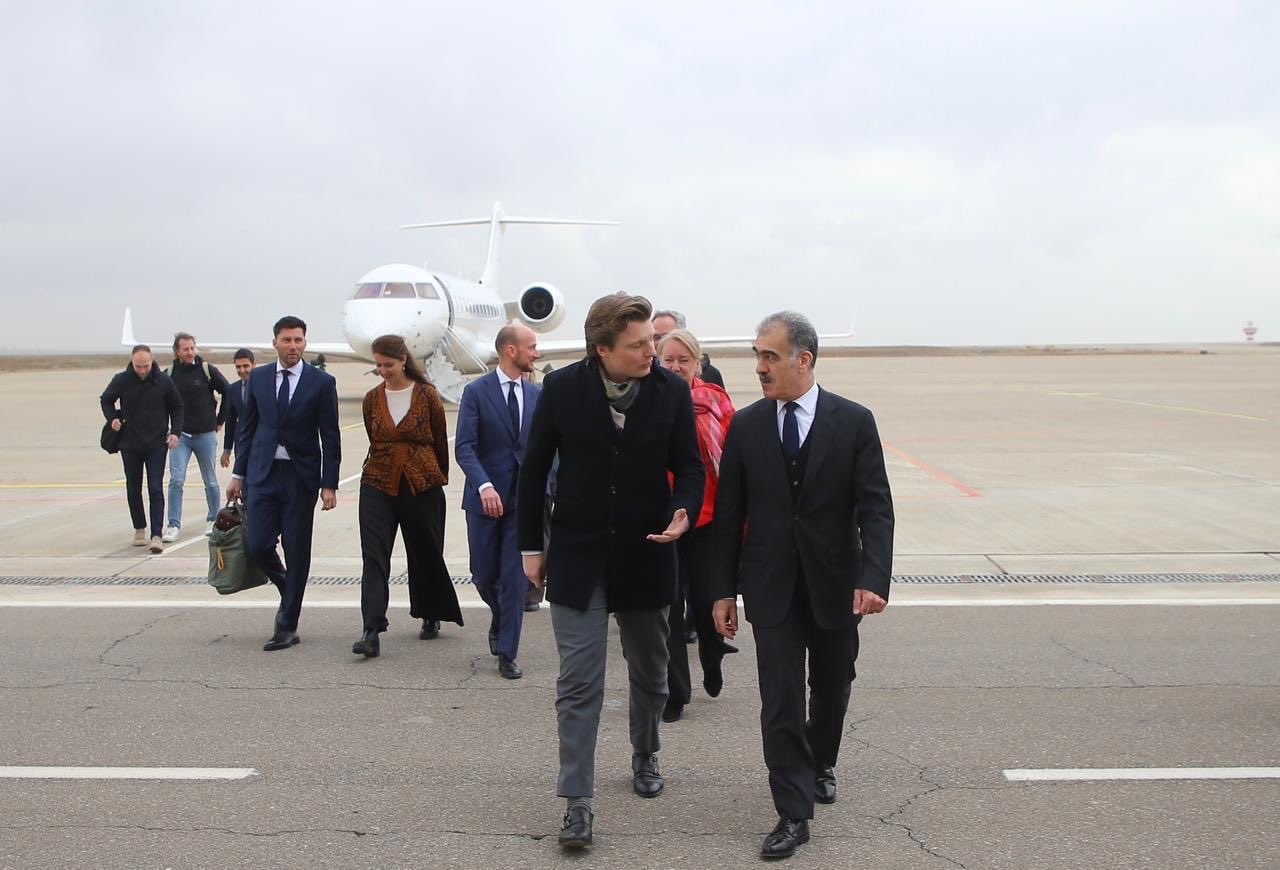Pentagon Press Secretary Major General Patrick Ryder on August 13 told reporters that, “as evidenced by the Global Coalition to Defeat ISIS, [the terrorist group] does remain a threat.”
Kurdish officials have repeatedly warned local and international actors about the continuing threat of ISIS.
Last week, three Taylor Swift shows were canceled in Austria after a ISIS-connected terrorist plot targeting her concerts was discovered and three individuals were arrested in connection with the plot.
“You’ve seen the United States work very closely with many nations around the world to address ISIS, whether it’s in Europe, Asia [or] … in Iraq and Syria,” Major General Ryder said.
“And there’s also manifestations of ISIS in the African continent. So, we’ll continue to work with our partners and allies around the world to address the ISIS threat wherever we see it.”
Moreover, he said that the ungoverned space in Syria continues to be a challenge, as it has enabled groups like ISIS to foment.
He also mentioned that there are “various terrorist groups that operate in and around Afghanistan, including ISIS-Khorasan Province. We maintain a variety of capabilities, including over-the-horizon capabilities, should we need to [intervene].”
The Pentagon official said they will continue to work with their partners in the region to address terrorism through mutual counterterrorism efforts.
On July 14, one Asayish member was killed by ISIS members in Kirkuk’s Qarahanjir sub-district.
“The attack carried out by ISIS terrorists proves once again that this terrorist organization still poses a serious threat, which requires the international community to continue its mission and assist Iraq and the Kurdistan Region in fighting the terrorists,” Kurdistan Regional Government Prime Minister Masrour Barzani said in a condolence message at the time.
Mohammed Salih, a senior fellow at the U.S.-based Foreign Policy Research Institute, told Kurdistan Chronicle that the threats posed by ISIS are multiple and include occasional attacks on Iraqi and Kurdish security forces, which have risen in frequency and intensity this year.
“ISIS’s continued activity also threatens local peace and stability, particularly in areas where minority groups such as Yezidis and Christians live.”
“The group’s threat also includes a radicalization element that needs to be taken seriously and continues to exist on the internet and social media. This allows the group to reach new audiences with its ideology.”
UN Office of Counter-Terrorism Head Vladimir Voronkov also warned the UN Security Council on August 8 about the continued threat of ISIS and its affiliates in several parts of Africa, Syria, Iraq and Afghanistan.
He also warned that parts of Africa could fall into the hands of extremist groups.
“In early January, the group demonstrated its continued global intent, launching a coordinated campaign across all its self-proclaimed ‘provinces’. This included temporary surges of operations in January and March in Iraq, where operations had been otherwise largely contained,” he said.
“ISIS has also increased its operational pace in Syria, with a surge of attacks especially in the central desert area.”

